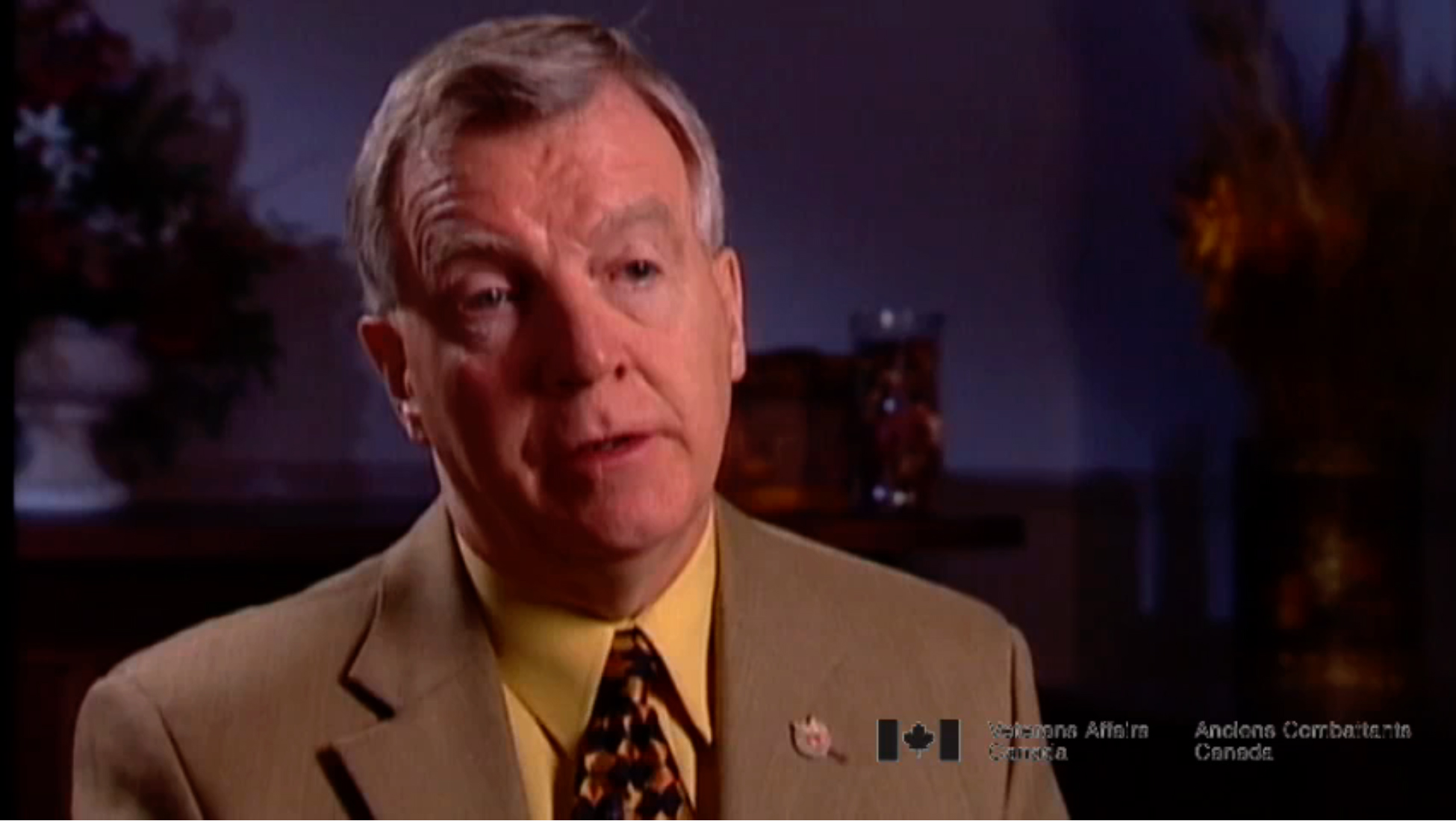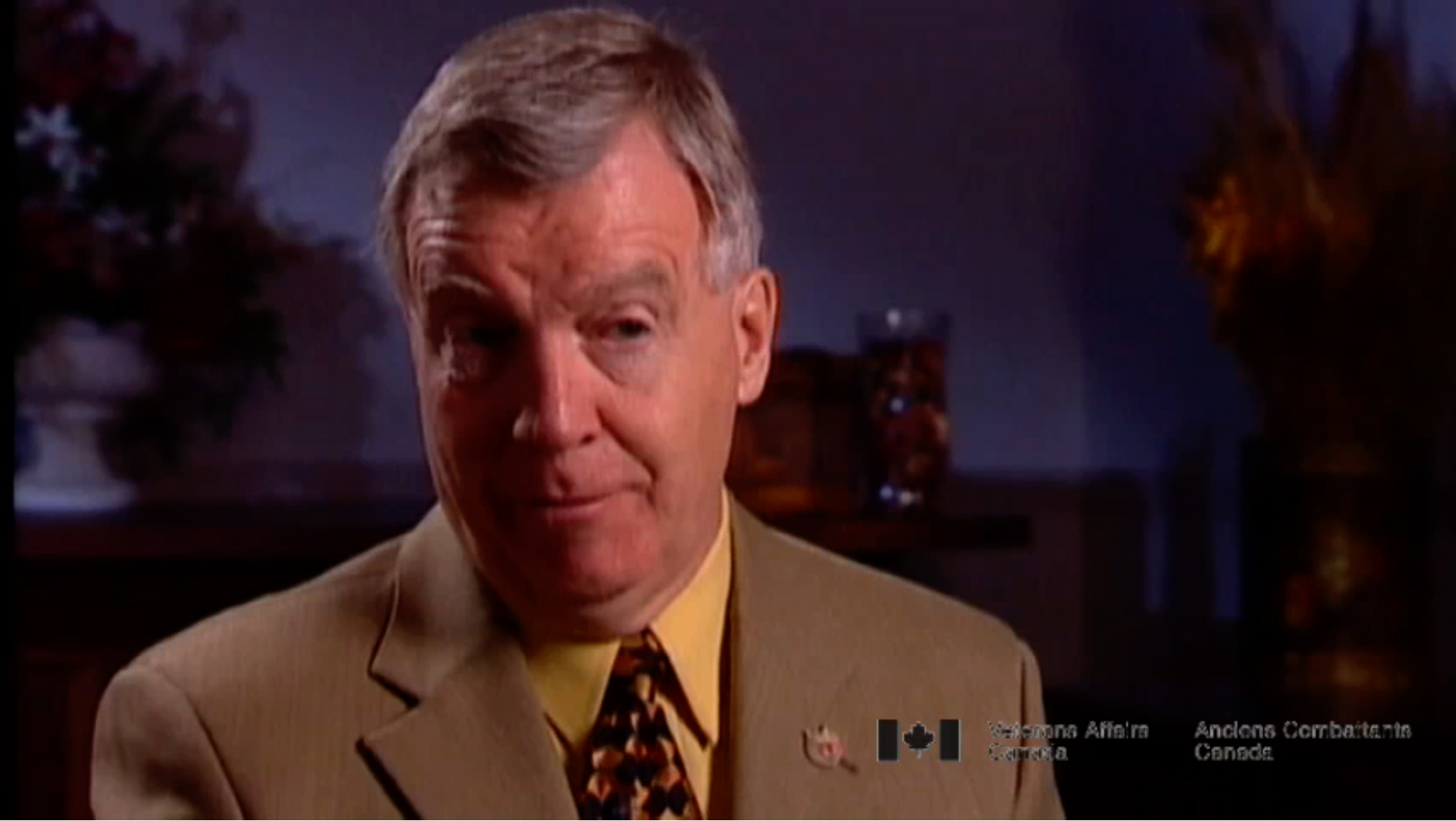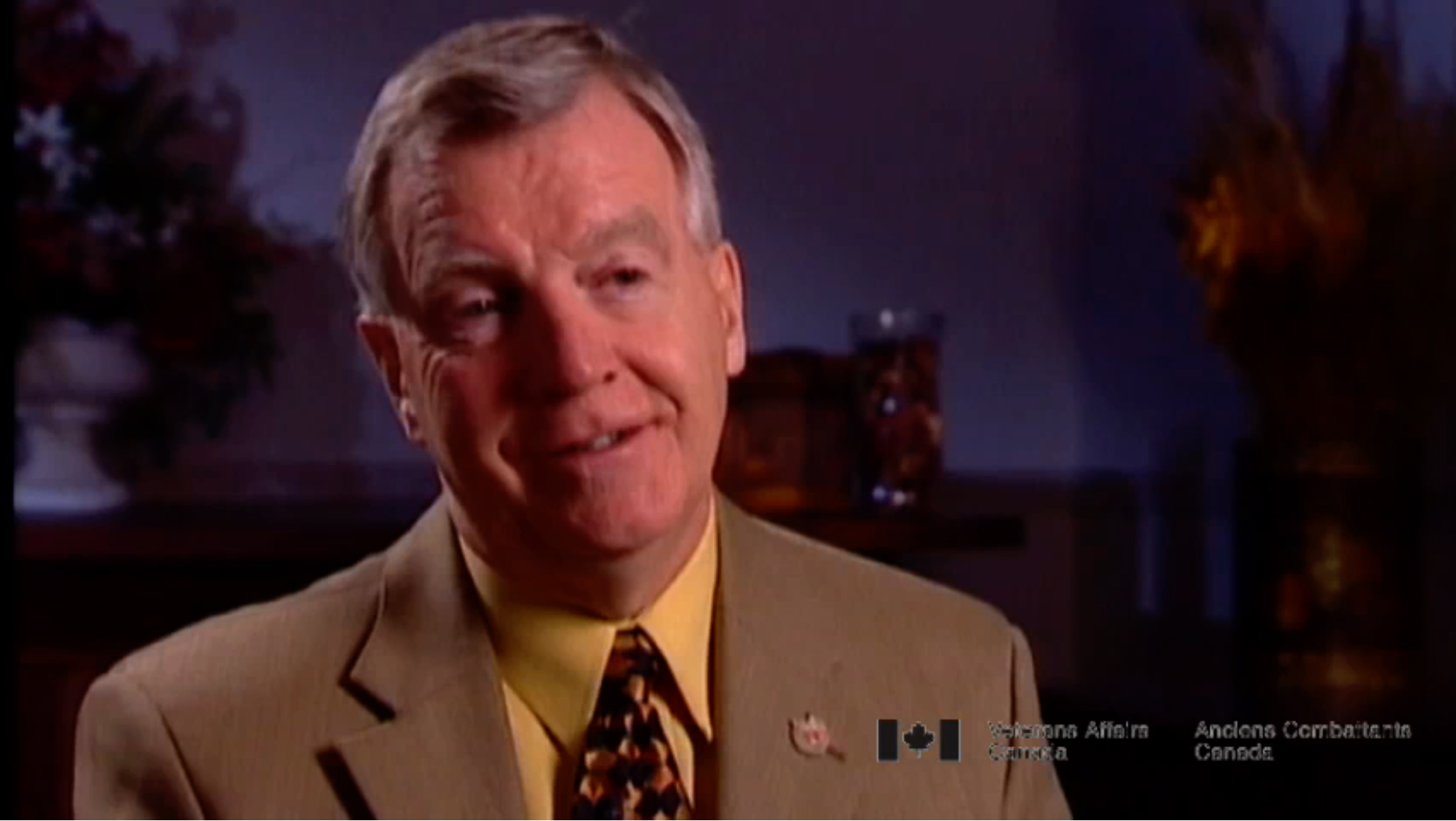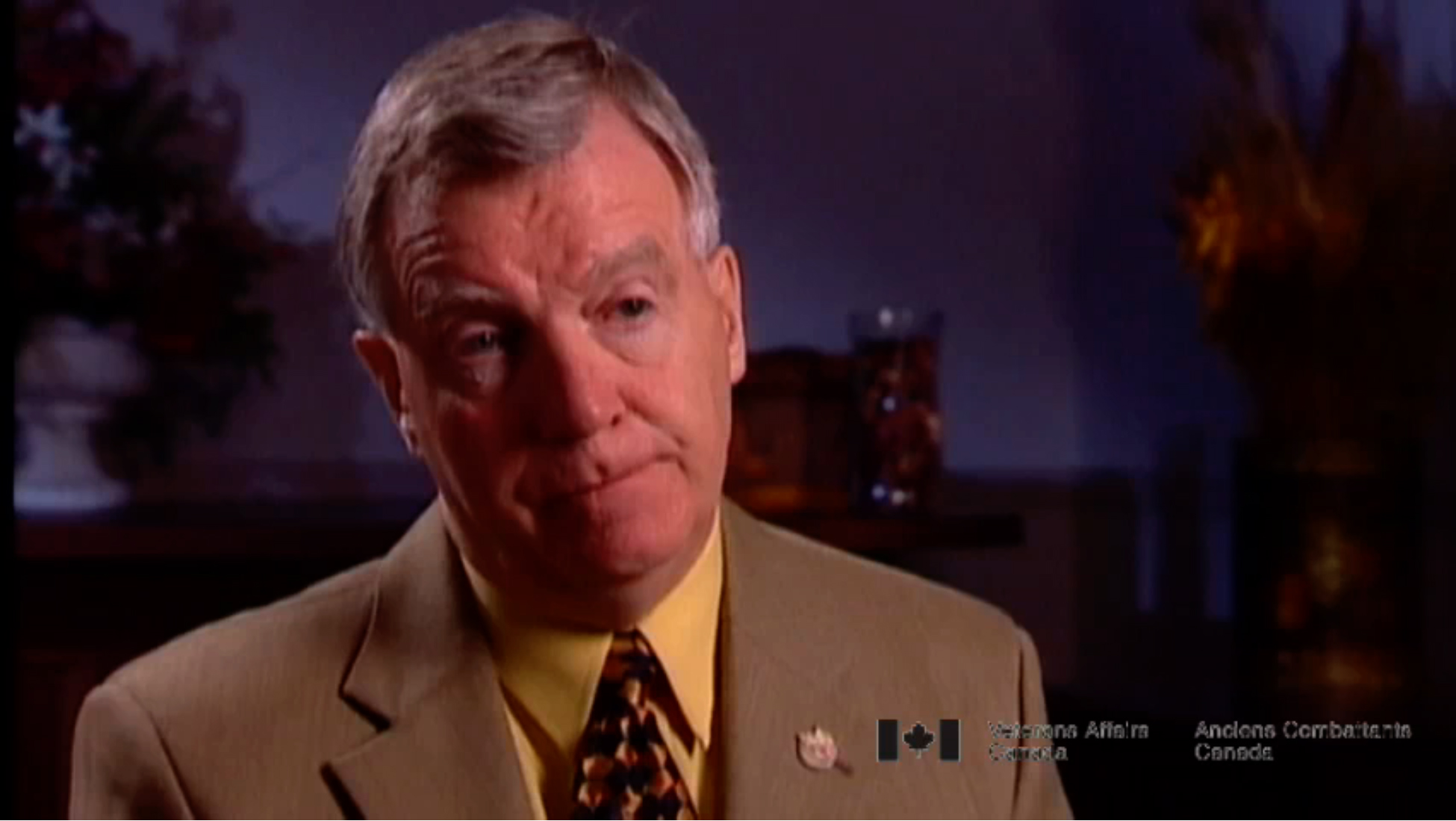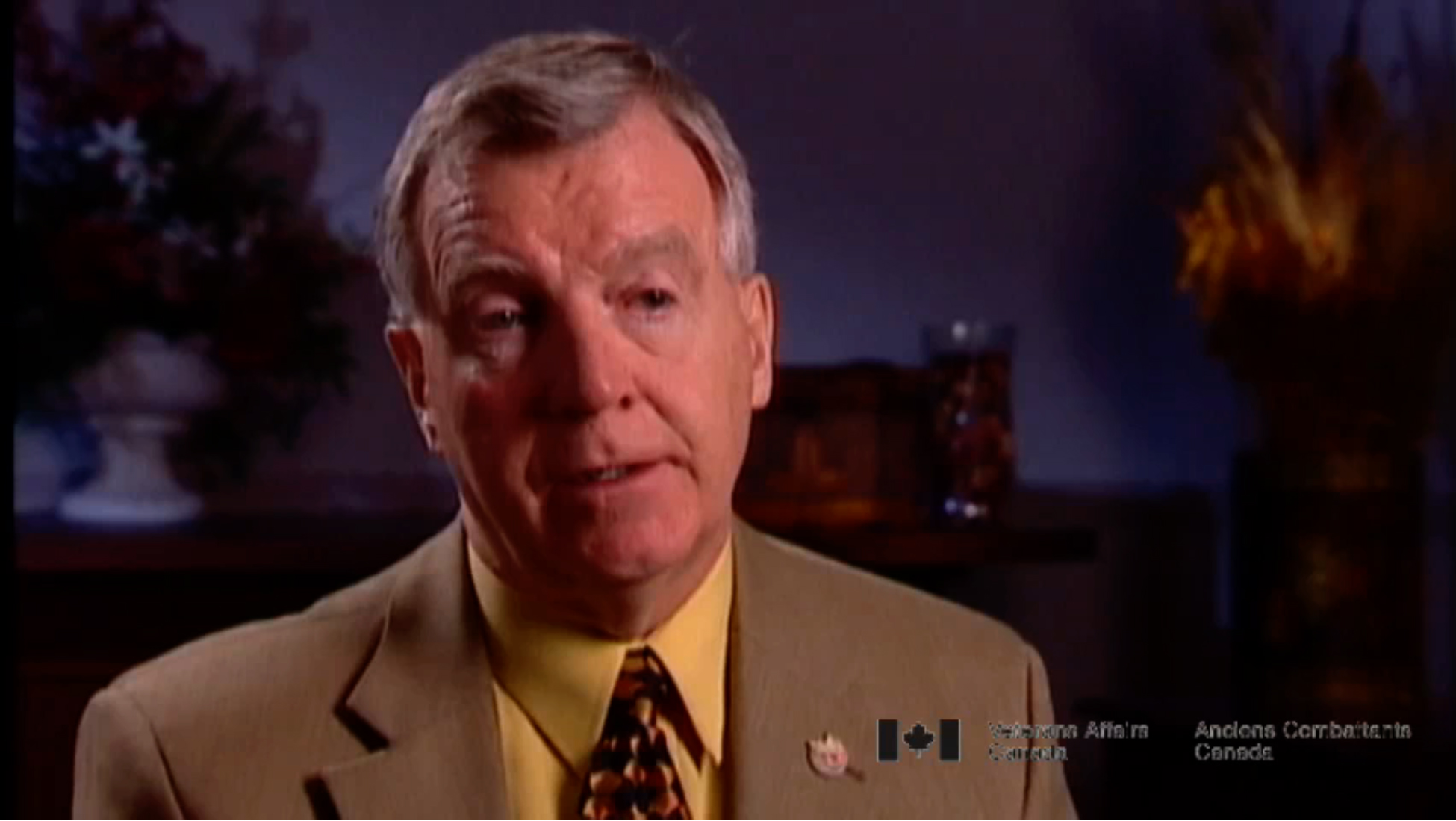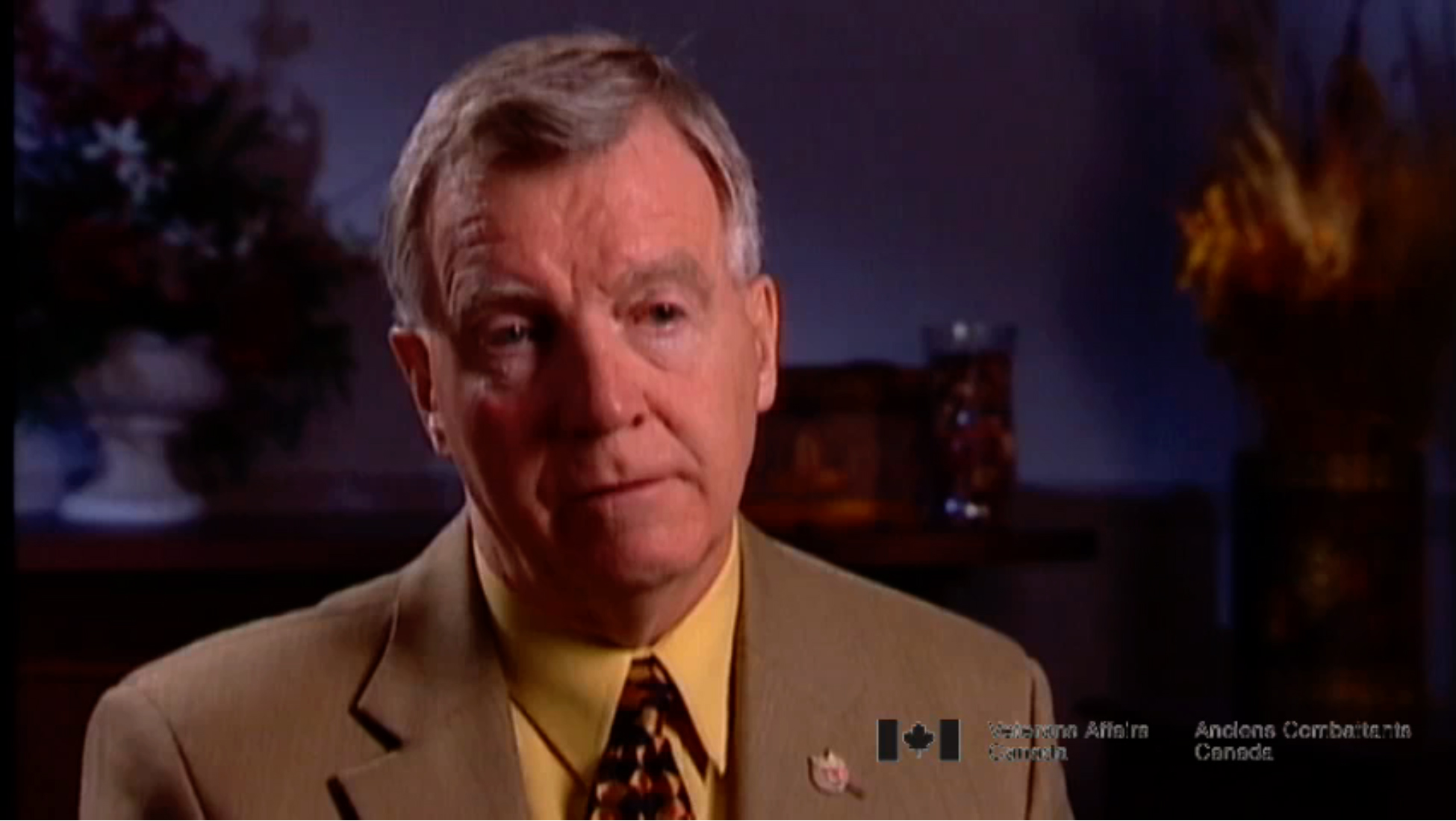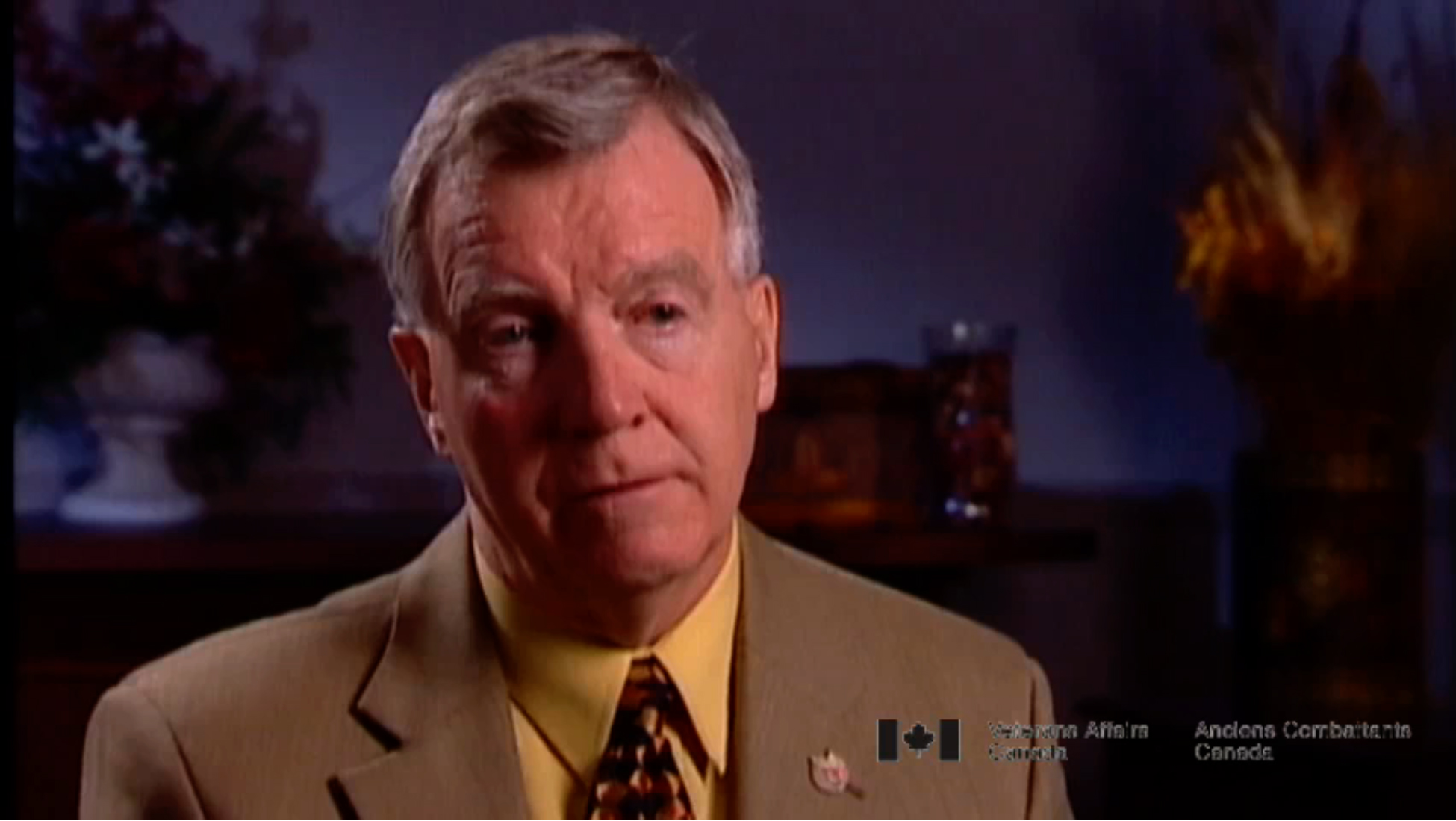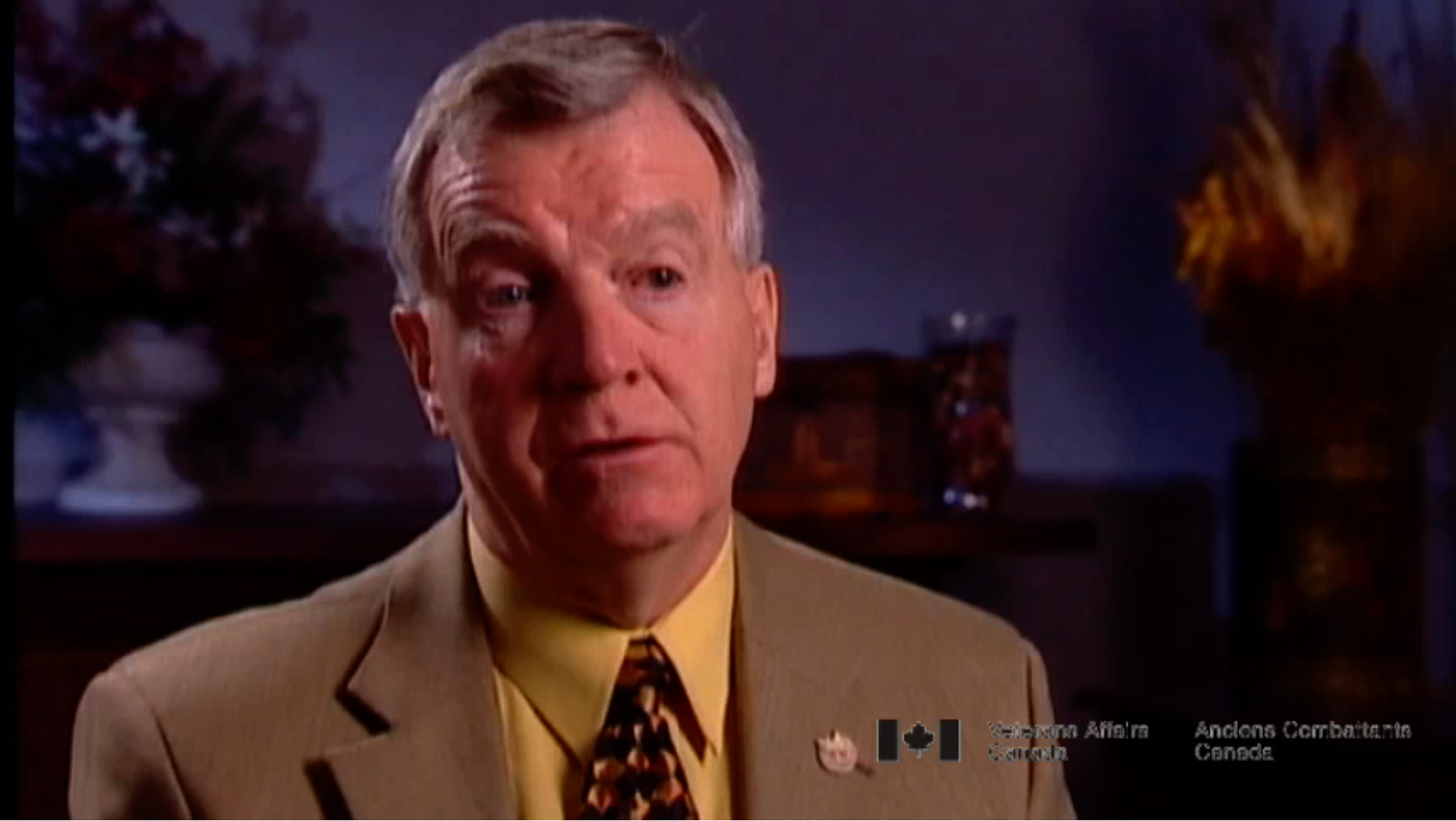Fleeting Fear
Heroes Remember
Fleeting Fear
Transcript
Description
Mr. Hawn explains how fear was a fleeting emotion during missions, describing how time would pass exponentially faster the more scared you became.
Laurie Hawn
Mr. Hawn was born in Winnipeg, Manitoba, in 1947. After finishing High School, Mr. Hawn opted to join the Air Force in order to further his education, with an ultimate goal of becoming a pilot. At the age of 18, Mr. Hawn flew for the first time, and by the age of 19 he became a flight instructor. First with T-Birds (T33's), then with Starfighters (CF104's). After instructing for 5 years in Cold Lake, Alberta, in April 1972, Mr. Hawn accepted a 3 ½ year posting with NATO in West Germany. After finishing his tour in West Germany, Mr. Hawn returned to flight instructing in Cold Lake, but was regularly posted to West Germany for a few weeks at a time. In 1988, Mr. Hawn was made Commanding Officer of 416 squadron. He held the position for 2 years, relinquishing it only weeks before the start of the first Gulf War, having only just stepped down, Mr. Hawn severely disappointed when he was not chosen to accompany the squadron when posted to Iraq. After a 30 year career, Mr. Hawn retired from the service. He now resides in Edmonton, Alberta, with his wife and family.
Meta Data
- Medium:
- Video
- Owner:
- Veterans Affairs Canada
- Duration:
- 02:19
- Person Interviewed:
- Laurie Hawn
- War, Conflict or Mission:
- Canadian Armed Forces
- Location/Theatre:
- Germany
- Battle/Campaign:
- Peacekeeping/Peacemaking in West Germany
- Branch:
- Air Force
- Occupation:
- Pilot
Related Videos
- Date modified:



